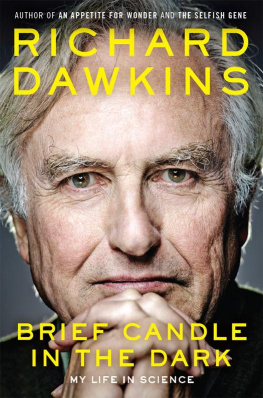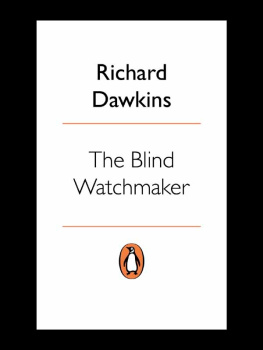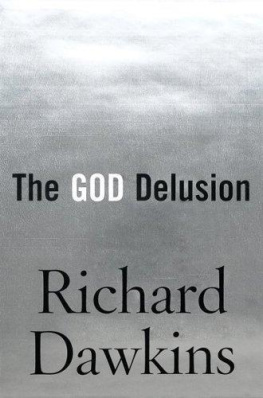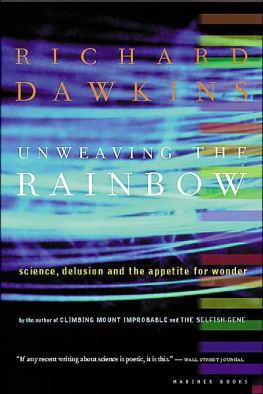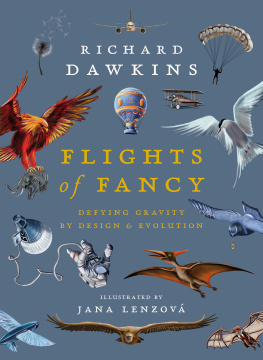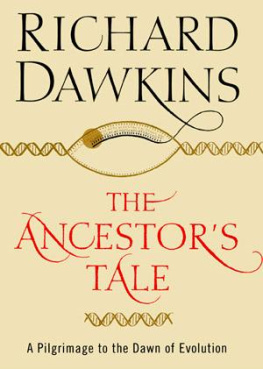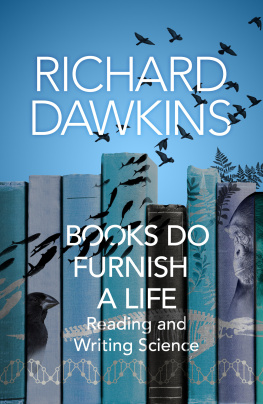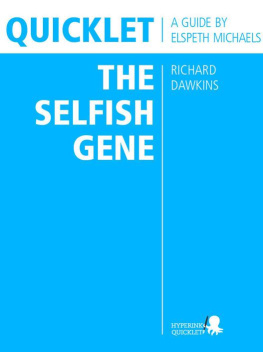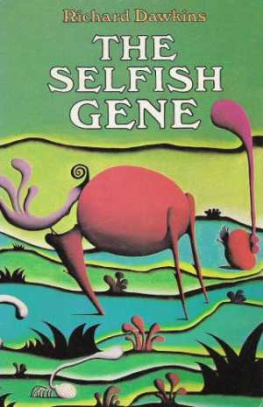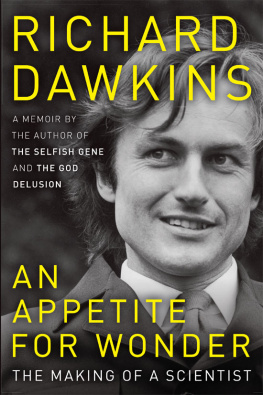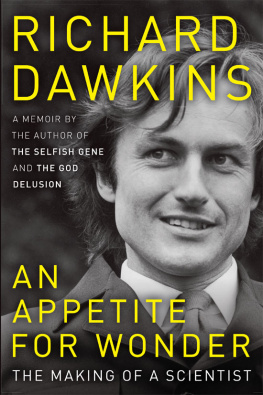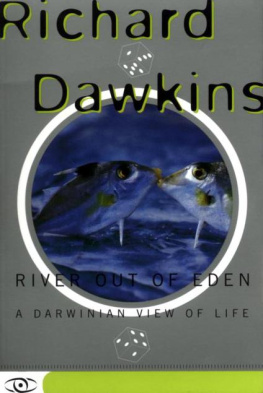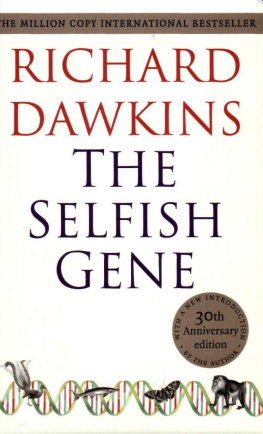
For Lalla
Out, out, brief candle: Lifes but a walking shadow, a poor player, that struts and frets his hour upon the stage and then is heard no more...
William Shakespeare, Macbeth, Act V, scene v
Science as a candle in the dark
Carl Sagan, subtitle to The Demon-haunted World (1995)
Better to light a candle than curse the darkness
Anon.
CONTENTS
Guide
W HAT am I doing here in New College Hall, about to read my poem to a hundred dinner guests? How did I get here a subjective 25-year-old, objectively bewildered to find himself celebrating his seventieth circuit of the sun? Looking around the long candlelit table with its polished silver and sparkling wineglasses, reflecting flashes of wit and sparkling sentences, I indulge my mind in a series of quick-firing flashbacks.
Back to childhood in colonial Africa amid big, lazy butterflies; the peppery taste of nasturtium leaves stolen from the lost Lilongwe garden; the taste of mango, more than sweet, spiced by a whiff of turpentine and sulphur; boarding school in the pine-scented Vumba mountains of Zimbabwe, and then, back home in England, beneath the heavenward spires of Salisbury and Oundle; undergraduate days damsel-dreaming among Oxfords punts and spires, and the dawning of an interest in science and the deep philosophical questions which only science can answer; early forays into research and teaching at Oxford and Berkeley; the return to Oxford as an eager young lecturer; more research (mostly collaborating with my first wife Marian, whom I can see at the table here in New College), and then my first book, The Selfish Gene. Those swift memories take me to the age of thirty-five, halfway to todays landmark birthday. They milestone the years covered by my first book of memoirs, An Appetite for Wonder.
My thirty-fifth birthday recalled to me an article by the humorist Alan Coren about his own. Coren was mock-depressed by the thought that he had reached half-time and it was now downhill all the way. I didnt feel the same, perhaps because I was just putting the finishing touches to my first, rather youthful book and was looking forward to publication and its aftermath.
One aspect of that aftermath was being pitchforked by the unexpectedly high sales of the book into the company of those who are regularly asked, by journalists scratching around for column inches, to list their ideal gathering of dinner-party guests. In the days when I used to respond to that kind of request I would invite some great scientists as a matter of course, but also writers and creative spirits of all kinds. Indeed, any of those lists would probably have included at least fifteen of those actually attending my birthday dinner today, among them novelists, playwrights, television personalities, musicians, comedians, historians, publishers, actors and multinational business tycoons.
Thirty-five years ago, I think to myself as I spot familiar faces around the table, such a mix of literary and artistic guests at a scientists birthday dinner would have seemed unlikely. Has the Zeitgeist changed since C. P. Snow lamented the chasm between scientific and literary culture? What has happened in the years covered by my dinnertime musing? My reverie jumps me into the middle of the period and I conjure the giant, unforgettable figure of Douglas Adams, sadly absent from the feast. In 1996, when I was fifty-five and he ten years younger, I had a televised conversation with him for a Channel Four documentary called Break the Science Barrier. The programmes purpose was precisely to show that science needed to burst into the wider culture, and my interview with Douglas was the high spot. Here is part of what he said:
I think the role of the novel has changed a little bit. In the nineteenth century, the novel was where you went to get your serious reflections and questionings about life. Youd go to Tolstoy and Dostoyevsky. Nowadays, of course, you know the scientists actually tell much more about such issues than you would ever get from novelists. So I think that for the real solid red meat of what I read I go to science books, and read some novels for light relief.
Could this be a part of what has changed? Have novelists, journalists and others of the kind C. P. Snow would have planted firmly in his first culture increasingly come to embrace the second? Might Douglas, if he were still living, now go back to the novel and uncover some of what he had moved to science to find, twenty-five years after he read English at Cambridge: Ian McEwan, say, or A. S. Byatt? Or other novelists who love science, such as Philip Pullman or Martin Amis, William Boyd or Barbara Kingsolver? Then there are highly successful science-inspired plays, in the tradition of Tom Stoppard and Michael Frayn. Could this starry dinner party, put together for me by my wife Lalla Ward, an artist and actress herself well read in science, be some kind of symbol of a change in the culture as well as a personal landmark in my life? Are we witnessing a constructive merger between scientific and literary cultures, perhaps the third culture towards which my literary agent John Brockman has been working behind the scenes as he nurses his online salon and grows his glittering list of science authors? Or the merging of cultures that I aspired to in my own Unweaving the Rainbow where, under the influence of Lalla, I tried to reach out to the world of literature and bridge the gap from science? O sont les C. P. Snows dantan?
Two anecdotes tell (and if you dont like digressive anecdotes you might find youre reading the wrong book). One of my guests at this New College dinner, the explorer and adventurer Redmond OHanlon, author of grotesquely funny travel books such as Into the Heart of Borneo and In Trouble Again, would throw literary parties and dinners with his wife Belinda to which, it seemed, the whole of literary London was invited. Novelists and critics, journalists and editors, poets and publishers, literary agents and literary lions descended on their remote corner of the Oxfordshire countryside, the house crammed full of stuffed snakes, shrunken heads, leathery corpses and leather-bound books, exotic curios of anthropology and one suspects anthropophagy. These evenings were always notable for the company and, when it included Salman Rushdie, for the bodyguards keeping their own company upstairs.
On one of these occasions, Lalla and I happened to have staying with us Nathan Myhrvold, Chief Technology Officer at Microsoft and one of the most inventive geeks of Silicon Valley. Nathan is a mathematical physicist by training. After his PhD at Princeton he worked in Cambridge with Stephen Hawking during the period when Stephen was still just capable of talking, though not intelligibly to any but his close associates, who acted as interpreters for the benefit of the rest of the world. Nathan became one of these highly qualified physicist amanuenses. True to his promise, he is now one of high techs most innovative thinkers. When Redmond and Belinda invited us we told them we had a house guest and they, hospitable as ever, told us to bring him along.
Nathan is too polite to monopolize a conversation. His neighbours at the long table presumably asked him what he did, and the conversation grew into a discussion of string theory and other arcana of modern physics. And the literary illuminati were held spellbound. They began as usual, no doubt, exchanging aphoristic wit with their neighbours. But inexorably a wave of curious interest in science swept from Nathans end down the long table, and the evening became a kind of informal seminar on the weirdness of modern physics. When a seminar includes intelligences of the calibre of this bunch of dinner companions, interesting things happen. Lalla and I basked in reflected glory as sponsors of the unexpected guest at this archetypal third culture evening. And afterwards Redmond telephoned and told Lalla that never, in all his years of throwing such parties, had he seen his eminent literary guests reduced to such stunned silence.
Next page
